Breast
12: Clinical outcomes in BRCA mutation carriers treated with breast conserving therapy
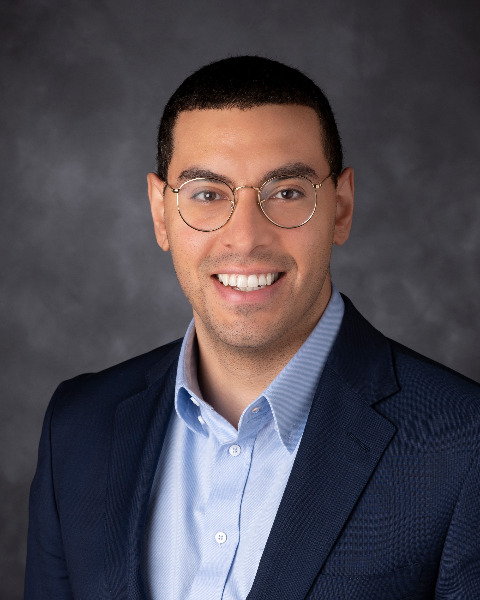
Kerollos N. Wanis, MD, PhD
Fellow
Department of Breast Surgical Oncology, MD Anderson Cancer Center, Houston, TX, USA, United States
Kerollos N. Wanis, MD, PhD
Fellow
Department of Breast Surgical Oncology, MD Anderson Cancer Center, Houston, TX, USA, United States
Kerollos N. Wanis, MD, PhD
Fellow
Department of Breast Surgical Oncology, MD Anderson Cancer Center, Houston, TX, USA, United States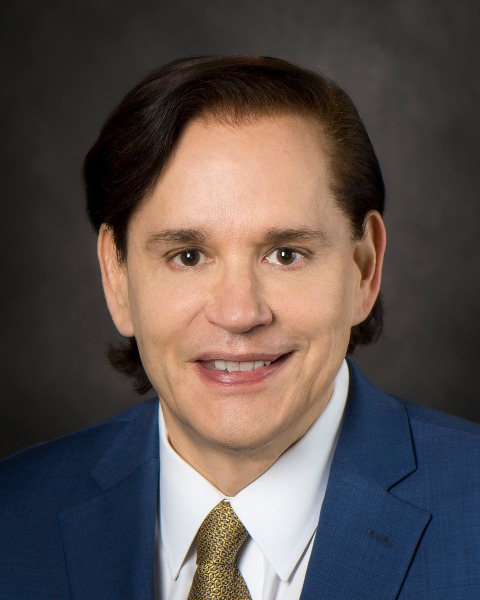
Henry M. Kuerer, MD, PhD
Professor
Department of Breast Surgical Oncology, MD Anderson Cancer Center, Houston, TX, USA
Houston, Texas, United States- SS
Susie X. Sun, MD
Assistant Professor
Department of Breast Surgical Oncology, The University of Texas MD Anderson Cancer Center, Houston, TX, USA, United States 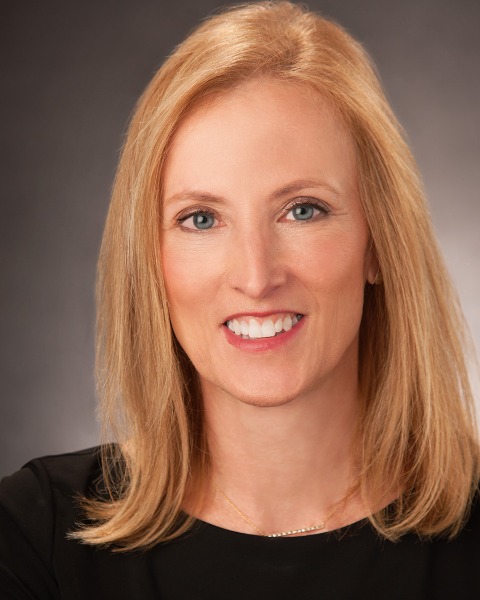
Kelly K. Hunt, MD (she/her/hers)
Professor & Chair
Department of Breast Surgical Oncology, MD Anderson Cancer Center, Houston, TX, USA
Houston, Texas, United States- AG
Alexa C. Glencer, MD
Fellow
Department of Breast Surgical Oncology, MD Anderson Cancer Center, Houston, TX, USA, United States 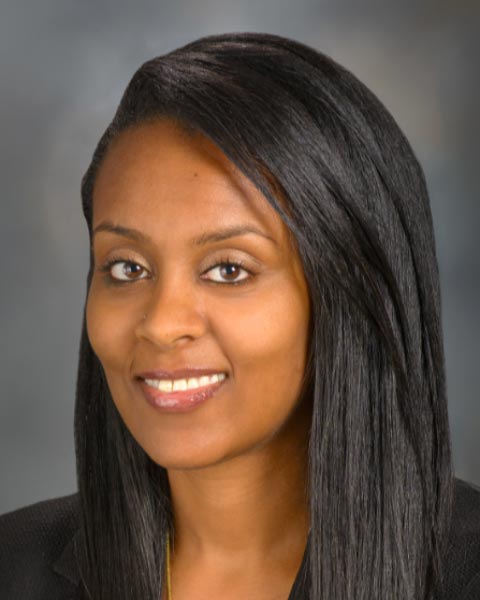
Mediget Teshome, MD (she/her/hers)
Associate Professor
UCLA
Los Angeles, California, United States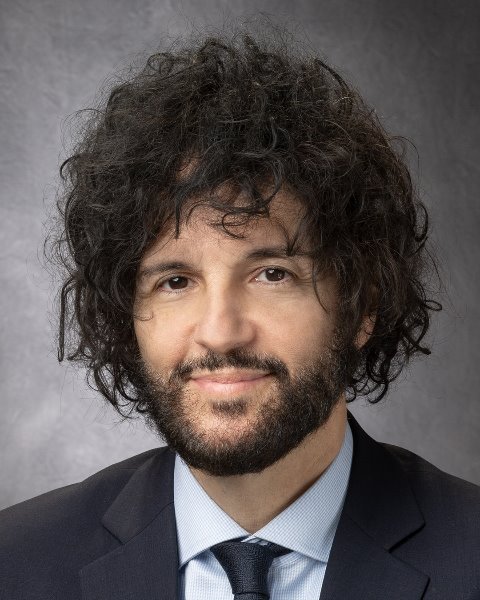
Anthony Lucci, Jr., MD
Professor
Department of Breast Surgical Oncology, MD Anderson Cancer Center, Houston, TX, USA
Houston, Texas, United States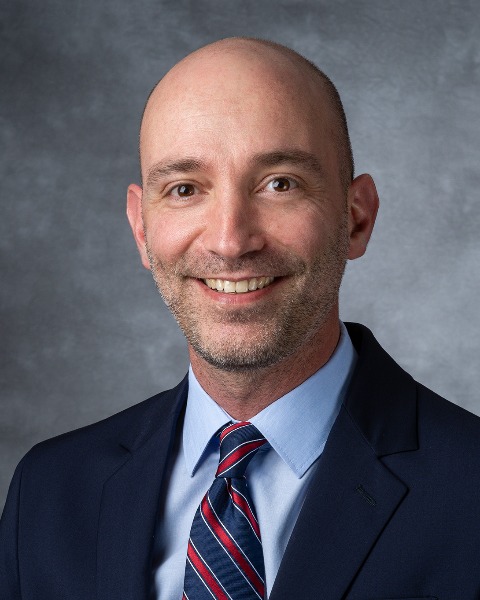
Roi Weiser, MD
Assistant Professor
Department of Surgical Oncology, MD Anderson Cancer Center
Houston, Texas, United States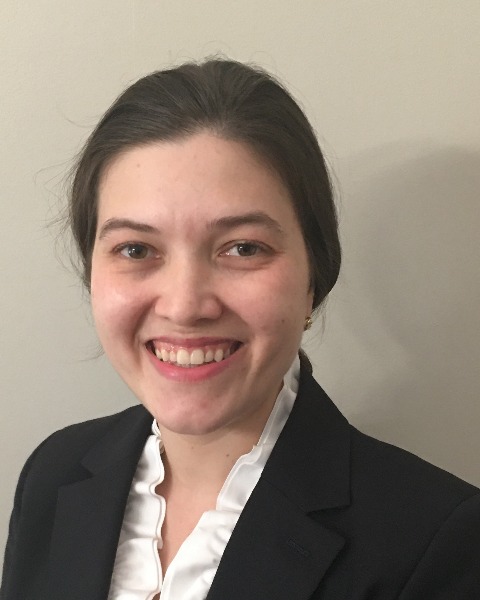
Helen M. Johnson, MD (she/her/hers)
Assistant Professor
Department of Breast Surgical Oncology, MD Anderson Cancer Center, Houston, TX, USA, United States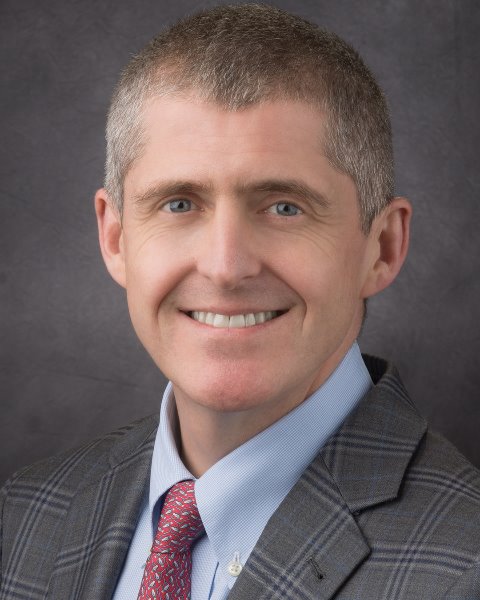
Benjamin D. Smith, MD
Professor
Department of Breast Radiation Oncology, MD Anderson Cancer Center, Houston, TX, USA
Houston, Texas, United States- AG
Angelica M. Gutierrez, MS
Laboratory Coordinator
Department of Breast Medical Oncology, MD Anderson Cancer Center, Houston, TX, USA, United States - SS
Simona F. Shaitelman, MD, EdM
Professor
Department of Breast Radiation Oncology, MD Anderson Cancer Center, Houston, TX, USA, United States - BA
Banu K. Arun, MD
Professor
Department of Breast Medical Oncology, MD Anderson Cancer Center, Houston, TX, USA, United States
Abstract Presenter(s)
Submitter(s)
Author(s)
While most women with BRCA-associated breast cancer choose bilateral mastectomy, current guidelines support breast conserving therapy (BCT) as an option in this population. As the indications for genetic testing expand and targeted therapies emerge, we sought to describe the outcomes of BCT in a population of BRCA mutation carriers treated at a single institution.
Methods:
172 women with pathogenic BRCA1/2 mutations who were treated with BCT from 1977-2021 were identified from a prospectively maintained database. We computed Kaplan-Meier estimates of overall survival and survival without bilateral mastectomy due to a cancer event, as well as the risk of an ipsilateral breast cancer and contralateral cancer. Survival and cumulative incidence curves for BRCA1 and BRCA2 carriers were compared using log-rank tests. Cox proportional hazards models were used to describe associations between clinicopathologic factors and ipsilateral and contralateral breast cancer events.
Results:
Median age at breast cancer diagnosis was 42 (IQR:40, 54) years. Compared with BRCA2 mutation carriers (n=80), women with BRCA1 mutations (n=92) were more likely to have younger age at diagnosis, were more often premenopausal, more likely to be white, less likely to have hormone receptor positive tumors, and less likely to receive endocrine therapy. Median follow-up was 11.8 years (IQR:5.7-18.2). Ten-year estimates (Figure) were: overall survival 88.5% (95% CI: 83.1, 94.2), survival without bilateral mastectomy due to a cancer event 81.3% (95% CI 74.4, 88.9), risk of an ipsilateral breast cancer event 12.3% (95% CI: 5.9, 18.8), and risk of contralateral cancer 21.4% (85% CI: 13.4, 28.5). Risks continued to increase after 10 years of follow-up. On multivariate analysis, receipt of bilateral salpingo-oophorectomy was associated with a decreased hazard of ipsilateral breast cancer (0.24, CI:0.07, 0.76; p=0.02) and patients with BRCA2 mutations had a marginally decreased hazard of contralateral cancer (0.45, CI:0.18, 1.15, p=0.09).
Conclusions:
Although women with breast cancer and pathogenic mutations in BRCA1/2 have above-average risks of ipsilateral and contralateral breast cancer events following BCT, most in our cohort did not have another cancer event and remained bilateral-mastectomy free at 10 years. These findings may be useful for shared-decision-making discussions between clinicians and breast cancer patients with BRCA mutations.
Learning Objectives:
- Describe the ipsilateral event risk for patients with BRCA1 or BRCA2 mutations treated with breast conserving therapy.
- Describe the contralateral cancer risk for patients with BRCA1 or BRCA2 mutations treated with breast conserving therapy.
- Describe the bilateral mastectomy free survival for patients with BRCA1 or BRCA2 mutations treated with breast conserving therapy.
